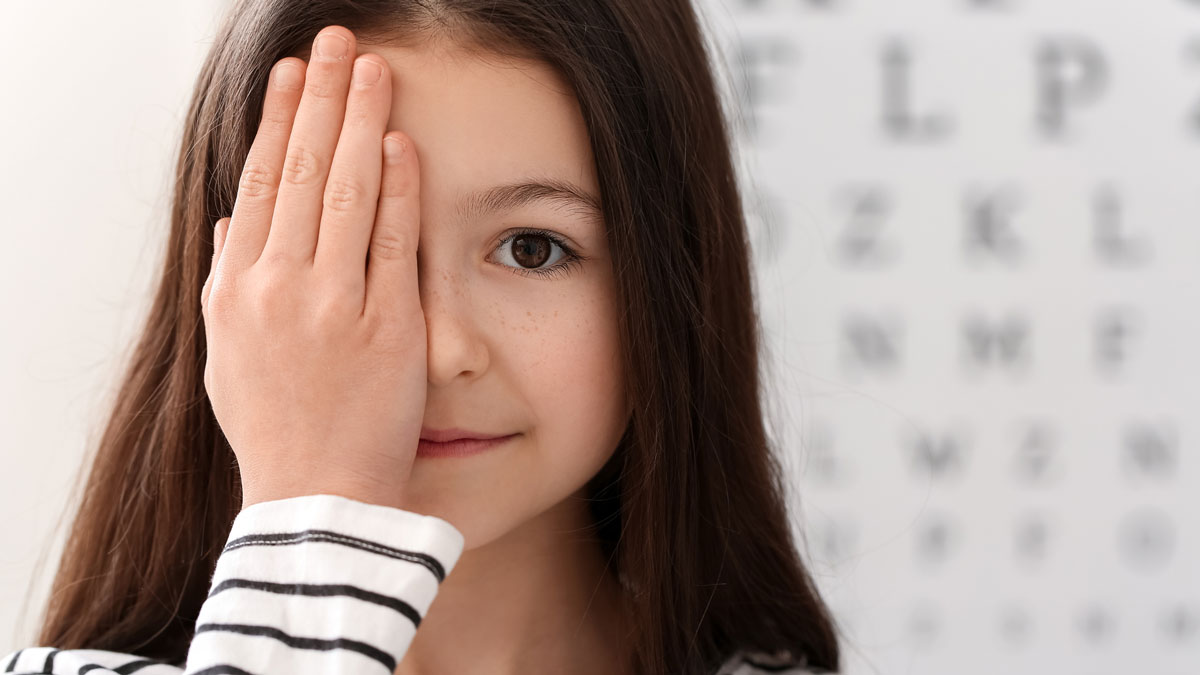
When Should Your Child Have Their First Eye Exam?
As a parent, you want to give your child every opportunity to succeed—and that includes supporting healthy vision from the start. But many families are unsure when to schedule their child’s first eye exam, especially if there are no obvious signs of vision issues. Understanding when and why to schedule these appointments can make a lasting difference in your child’s health, learning, and development.
Why Early Eye Exams Matter
Children rely heavily on vision to explore the world, connect with others, and learn in school. In fact, some vision conditions can develop before a child is even able to speak or describe their symptoms. Detecting problems early gives your child the best chance to thrive socially, academically, and physically.
Pediatric Eye Exam Timeline
While some vision screenings take place at a pediatrician’s office, there are clear guidelines for when a child should see a pediatric eye care specialist. According to the American Association for Pediatric Ophthalmology and Strabismus (AAPOS), here’s what to keep in mind:
Age 3 to 4: First Specialist Eye Exam
Even if no issues are suspected, a comprehensive eye exam around age 3 to 4 can help detect conditions like:
- Strabismus (crossed or misaligned eyes)
- Amblyopia (lazy eye)
- Significant refractive errors (nearsightedness, farsightedness, astigmatism)
- Depth perception and color vision concerns
Early intervention during the preschool years can prevent long-term vision problems and help your child succeed in school.
Before Starting Kindergarten
An exam before entering kindergarten ensures your child’s visual system is functioning properly for academic readiness. At this stage, we assess:
- Visual acuity (sharpness of vision)
- Tracking and focusing ability
- Eye alignment
Routine follow-ups every one to two years are typically recommended throughout the school years—especially if your child wears glasses or has a history of vision concerns.
Signs Your Child May Need an Eye Exam Sooner
Even if your child is on track with scheduled exams, you should schedule an appointment sooner if you notice:- Squinting or tilting the head
- Frequent eye rubbing or blinking
- Holding books or tablets very close
- Avoiding tasks that require visual focus
- Complaints of headaches or eye fatigue
- Eyes that don’t look straight (possible strabismus)
Remember: kids don’t always know how to explain that something feels “off” with their vision. Regular exams help catch what they can’t express.
Are School Screenings Enough?
School vision screenings can help identify some vision concerns—but they often focus on distance vision only and may miss more subtle or complex issues. A comprehensive eye exam by a pediatric ophthalmologist evaluates:- Eye alignment and development
- Near and far vision
- Depth perception
- Overall eye health
That means better detection, earlier treatment, and greater peace of mind for parents.
Expert Care for Your Child’s Vision Starts Here
At St. Paul Eye Clinic, we understand the lifelong impact of early vision care. Our experienced team offers pediatric eye exams tailored to your child’s age, development, and comfort level—delivered in a calm, compassionate environment.With convenient locations across the East Metro—including St. Paul, Eagan, Roseville, Woodbury, and Stillwater—we’re proud to be the go-to clinic for families seeking proactive and personalized eye care.
Schedule your child’s first eye exam today and set the foundation for clear vision and confident learning.
Book an appointment with St. Paul Eye Clinic









